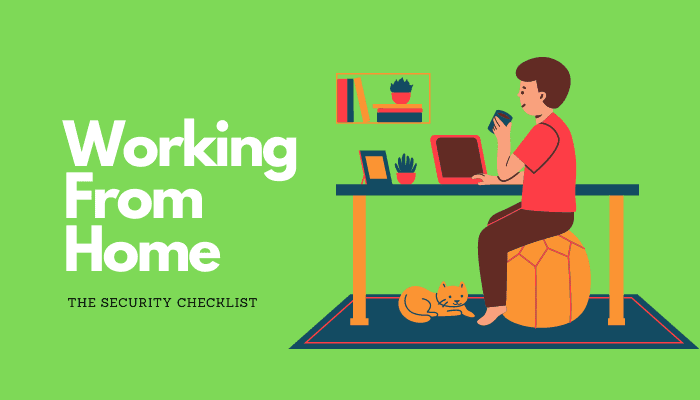Working from home is becoming an increasingly popular option for people all over the world. With the rise of technology, it has never been easier to work from the comfort of your own home. However, there are a few things you need to do to make sure your home office is secure. In this blog post, we will discuss the steps you need to take to insure your privacy and security when working from home.
Use Cloud Storage
One of the most important things you can do to secure your home office is to use cloud storage. Cloud storage is a great way to store your files and data off-site. This means that if your computer is ever lost or stolen, your data will still be safe. There are many different cloud storage providers, such as Dropbox, Google Drive, or iCloud. Choose a provider that offers secure storage to protect your data from hackers.
Secure Your Wi-Fi Connection
Another important thing to consider when working from home is your Wi-Fi connection. Make sure you have a strong password and encryption enabled on your network. This will help protect your data from hackers. You may also want to consider using a VPN service to protect your traffic.
Use Antivirus Software
Antivirus software is another important tool for securing your home office. Make sure you have a good antivirus program installed on all of your devices and keep it up-to-date. This will help protect your devices from malware and other online threats.
To ensure that everything is set up correctly and that you’re properly protected, it can be a good idea to use a professional IT support Adelaide service to check everything over. It’s always better to be safer than sorry.
Create a Secure Password Policy
Finally, make sure you have a secure password policy in place for your home office. This means requiring strong passwords, changing passwords regularly, and using different passwords for different accounts.
There are plenty of ways you can do this, including using a password manager or creating a custom password policy for your office. The trick here is education. Make sure your staff know they are supposed to be using a secure password and create criteria that ensure strong passwords are being used, such as requiring capital letters, symbols, and numbers.
Use a Remote Desktop Platform
If you’re working with sensitive information, it can be worth using a remote desktop solution that basically allows users to log in to their accounts to access their work desktop at home, as though they were literally sitting in front of their work computer.
Of course, there are some security measures to this type of service that you’ll need to pay attention to, such as making sure the internet connection the users are on, their home devices, and their remote desktop accounts are secure, but once these are set up, you should be plain sailing.
This means that you don’t actually have the files or documents on your PC, but you’re simply controlling the desktop or virtual desktop in real-time, ensuring that everything remains secure in your network.
If you’re using this approach, it’s always a good idea to use gateway technology or a VPN for added security.
Summary
Working from home is a great way to get the flexibility and freedom you need. However, it is important to take steps to secure your home office. By taking these steps and being proactive with your security, you can help keep your data safe and secure.

































